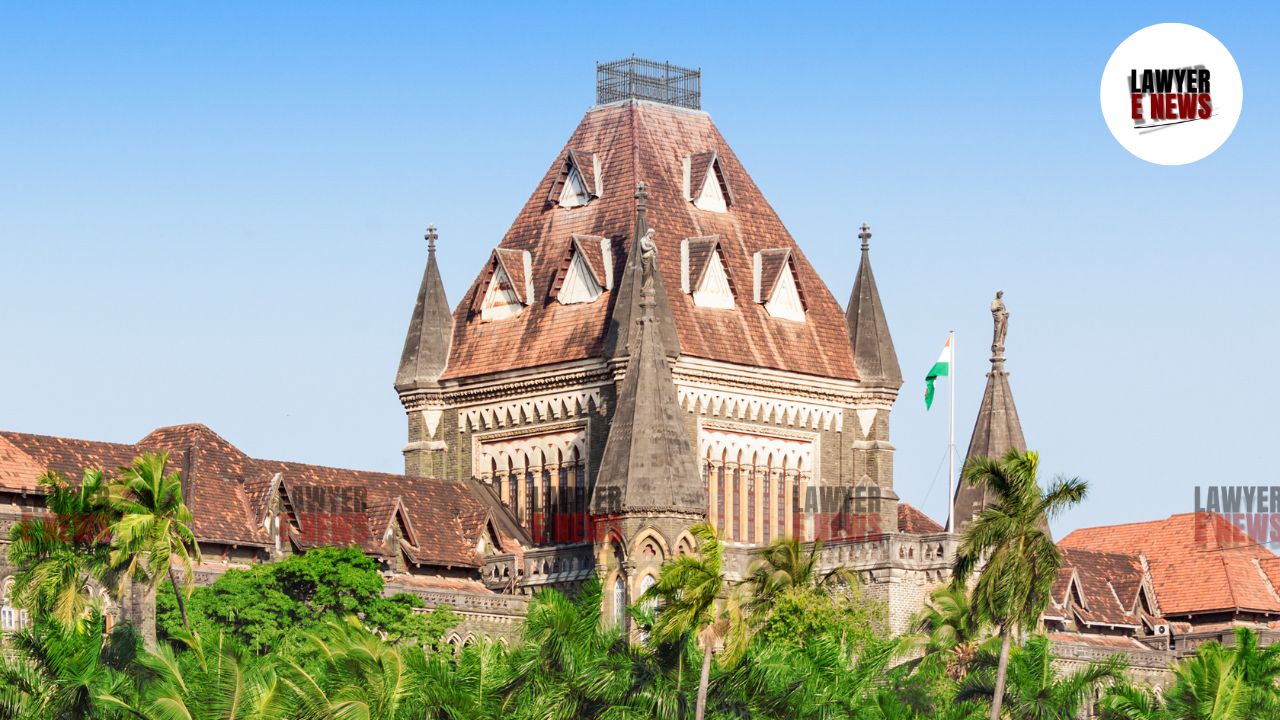-
by Admin
15 February 2026 5:35 AM



Bombay High Court quashed a regularization order passed by the Thane Municipal Corporation (TMC) that allowed the third respondent, a developer, to legalize an unauthorized construction over a public Nallah (drain) in Thane. The court ruled that the regularization was arbitrary, without legal basis, and a blatant misuse of powers under the Maharashtra Regional and Town Planning (MRTP) Act and the Maharashtra Municipal Corporations (MMC) Act. The High Court also criticized the TMC for misleading the court and attempting to justify the irregularity with irrelevant legal provisions.
The petition was filed by residents of the Tarangan Housing Complex, who challenged the TMC’s decision to regularize the construction of a road and RCC columns over a public Nallah that served as a natural watercourse. The unauthorized construction had been completed despite stop-work orders issued by the TMC in 2004. The construction obstructed access to the housing complex, which had previously enjoyed direct access to a service road.
In 2005, the TMC regularized the illegal structure, citing provisions of the MRTP Act and the MMC Act, which prompted the petitioners to challenge the legality of this regularization.
The key legal question was whether the TMC had the authority to regularize the unauthorized construction over a municipal Nallah, which posed significant risks to public infrastructure and water flow.
The regularization was arbitrary and violated provisions of the MRTP Act and the Development Control Regulations (DCR) of TMC.
The structure obstructed the natural flow of water, risking flooding and damage to public infrastructure.
The TMC had failed to provide any valid legal grounds to justify the regularization.
The TMC and the developer contended that the regularization was necessary to provide access to the housing complex and that the construction did not obstruct the flow of water in the Nallah.
The Bombay High Court, comprising Justices M.S. Sonak and Kamal Khata, found that the TMC’s regularization of the unauthorized construction was wholly arbitrary and a product of non-application of mind. The court observed that the TMC had initially issued stop-work orders and filed affidavits before the Civil Court stating that the construction was illegal and obstructed water flow in the Nallah. Yet, the TMC later performed a complete volte-face by regularizing the structure without any valid justification.
"The Municipal Commissioner and TMC are trustees of the power and property they wield and must exercise these powers in the interest of the public. Allowing regularization to benefit developers at the cost of public property like Nallahs amounts to an abuse of power."
The court also criticized the TMC for attempting to justify the regularization by invoking irrelevant provisions such as Section 227 of the MMC Act, which pertains to projections over streets and had no bearing on the case.
"It is unfortunate that the TMC sought to mislead the court by citing legal provisions that were not remotely applicable to the facts of the case," the judgment read.
Additionally, the court highlighted the broader issue of unauthorized construction being regularized as a matter of routine, despite clear legal prohibitions. Referring to the Supreme Court's rulings on illegal constructions, the court emphasized that regularization cannot be allowed merely by imposing fines or penalties.
The Bombay High Court quashed the TMC’s regularization order dated February 5, 2005, and ordered the demolition of the illegal construction. The court imposed costs of ₹2,00,000 on the TMC and the developer, directing them to pay ₹1,00,000 each to the petitioners. The decision sets a strong precedent against the arbitrary regularization of illegal constructions and reinforces the accountability of municipal authorities.
Date of Decision: October 7, 2024
Mr. Natvar T. Patel & Ors. vs. The State of Maharashtra & Ors..
